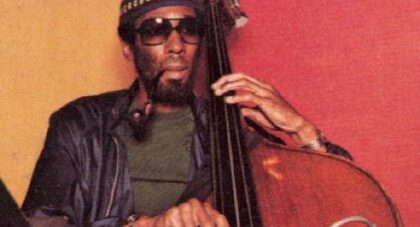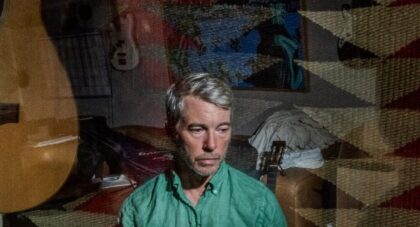Over and over again on Amen Dunes' fifth album Freedom, songwriter Damon McMahon punctuates lyrics with the word "man." "We play religious music/I don't think you'd understand man." "I really gotta go/yeah man." "Pride destroyed me, man." The word peppers his sentences in conversation, too. It's this and that "man," repeatedly. Even while describing the guiding principles of feminist New Mexican artist Agnes Martin, whose creative principle -- "I don't have any ideas myself; I have a vacant mind" -- is quoted at the start of the record, McMahon employs a masculine pronoun . . .
Only the good shit. Aquarium Drunkard is powered by its patrons. Keep the servers humming and help us continue doing it by pledging your support.
To continue reading, become a member or log in.


